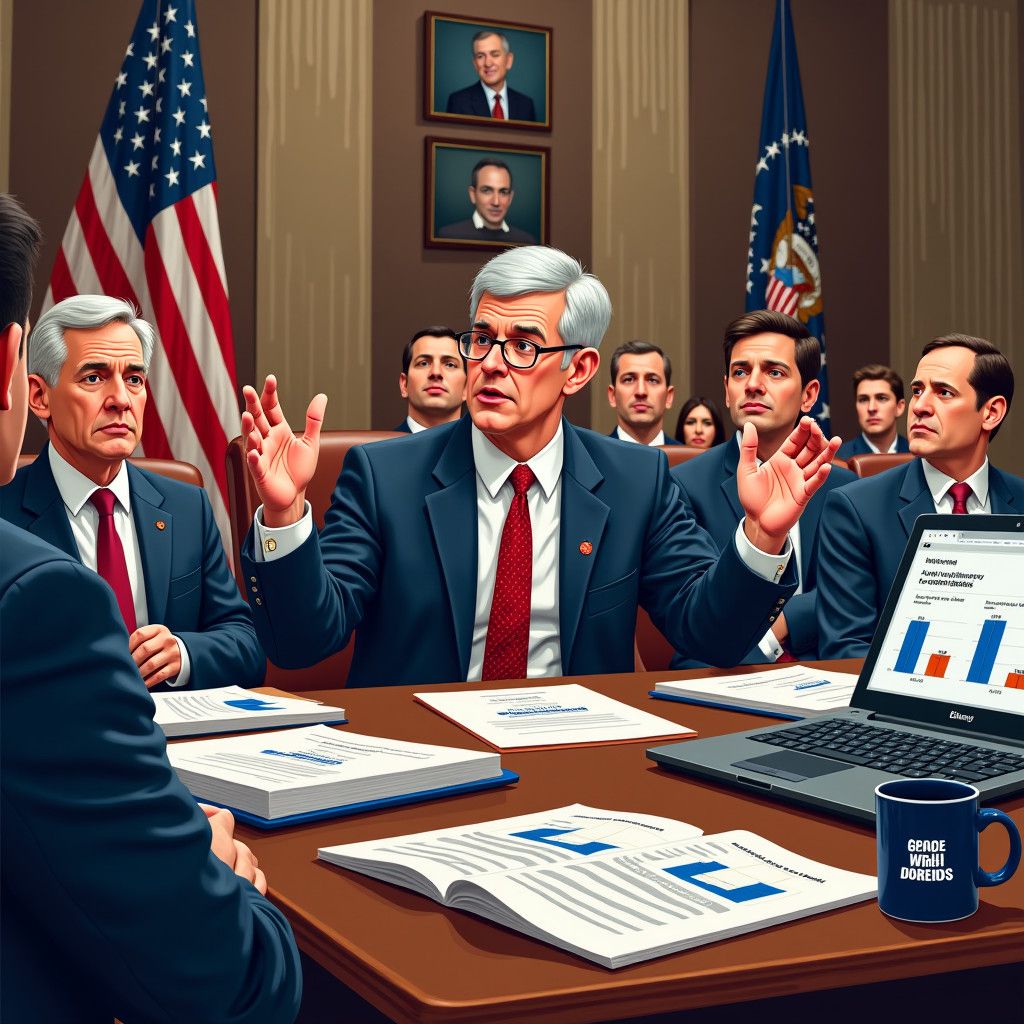Recent events have put the spotlight on the sports betting industry, specifically targeting major players such as FanDuel and DraftKings. U.S. Senators Mike Lee and Peter Welch have expressed serious concerns over potentially anti-competitive behavior exhibited by these companies. Their actions have sparked a call for an investigation into practices that may be stifling competition, thereby impacting consumers and smaller companies in the rapidly growing market.
FanDuel and DraftKings have rapidly ascended to dominance since the legalization of sports betting in numerous states. This growth has raised red flags about the two companies attempting to monopolize the industry. As of now, they claim a combined market share exceeding 90% in many states, leaving little room for smaller competitors to flourish or even survive. The Senators contend that if unchallenged, such concentration can lead to higher prices and lower quality of services for consumers.
The concerns about these companies are further compounded by decisions that, according to critics, might limit competition. For instance, both companies have developed proprietary algorithms and analytics that are not available to other operators, enhancing their ability to provide more attractive odds and promotions to customers. This not only reinforces their market position but also creates a high barrier to entry for newcomers in the betting space.
Moreover, recent actions have led to accusations of predatory promotional practices. FanDuel and DraftKings have been known to offer enormous bonuses and incentives to attract new customers, significantly outspending smaller rivals. While this tactic is a common marketing strategy, the extent and scale employed by these market leaders could be viewed as a way to eliminate competition rather than innovate or provide better services.
The Senators suggest that these practices may violate antitrust laws, which are designed to promote fair competition within the market. Lee and Welch argue that an inquiry into these betting giants is essential to ensure a level playing field for all stakeholders involved. They fear the current trajectory of the industry could result in a scenario where a few large corporations dictate terms, effectively sidelining smaller operators and harming consumers in the process.
Economists emphasize the importance of competition in fostering innovation and improving consumer choices. When a single or a few companies dominate, it stifles creativity and limits the variety of services and products available in the marketplace. Legal analyst Leslie P. Soo pointed out, “If consumers are to benefit from competitive pricing and diverse offerings, it’s crucial that the environment allows for multiple players, large and small, to coexist.”
Adding to the complexity of this issue is the regulatory framework that governs sports betting. Each state has its own set of rules and regulations that can lead to inconsistencies in how companies operate. Some states have mandated that operators use independent platforms that facilitate betting, while others have allowed companies to create their own. This can create an uneven competitive landscape which benefits a few, while limiting opportunities for others.
One potential solution suggested by the Senators is fostering partnerships with state regulators to ensure compliance with fair play standards. The introduction of clearer regulations surrounding promotional practices and pricing strategies could help to cultivate a competitive yet fair environment where new and existing companies can thrive alongside the major players.
The situation draws parallels with other industries where dominant firms have faced scrutiny for stifling competition, such as technology and telecommunications. Antitrust actions in these sectors often set important precedents that can influence future regulations across various industries. The outcome of this inquiry into FanDuel and DraftKings could not only reshape the betting landscape but may also redefine how regulatory bodies engage with large corporations in the gambling industry moving forward.
In conclusion, the actions of Senators Lee and Welch could lead to greater scrutiny of FanDuel and DraftKings and their practices if investigations proceed. The findings may not only have far-reaching implications for these companies but for the betting market and consumer choices as a whole. For the integrity of the industry, there must be ongoing efforts to ensure that competition thrives and that players, regardless of their size, have the opportunity to succeed.












